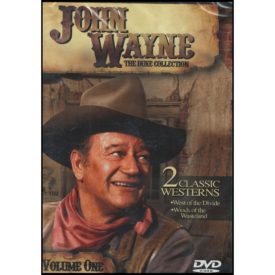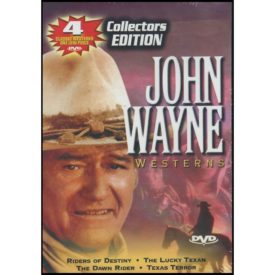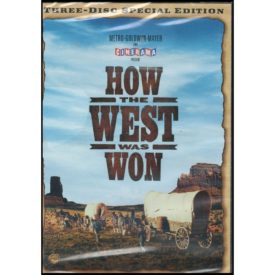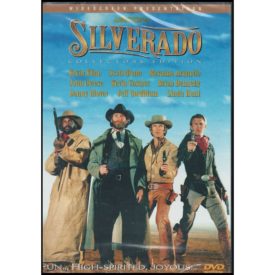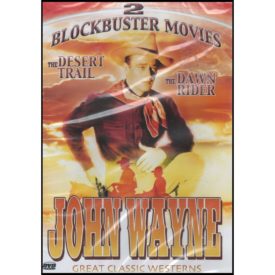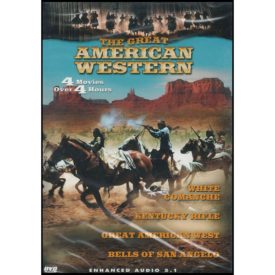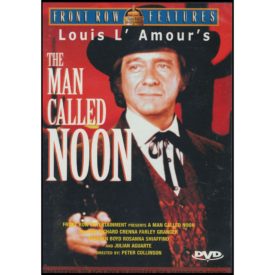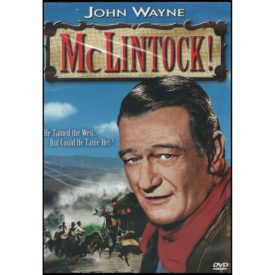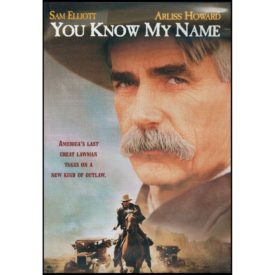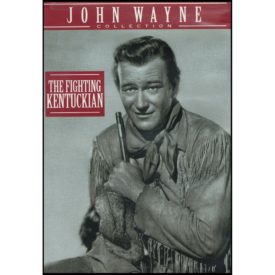Happy Gilmore (DVD)
Other Marketplace Price: $17.99Sale Price:$9.49
- Ships Same Day.
- FREE Shipping (U.S. Delivery).
- International Shipping (See Shipping Chart Below).
Out of stock
| Shipping US FREE SHIPPING |
FREE Shipping! |
|---|---|
| Shipping US Expedited 2-3 Day |
US Shipping: $14.99 Unlimited Items. |
| Shipping Canada |
Canada Shipping: Flat $34.99. |
| Shipping Int'l Standard | International Shipping: $64.99 Worldwide. |
| Shipping Local Pick Up |
FREE Local Pick Up in Store |
| Year | Award | Category | Result |
|---|---|---|---|
| 1996 | MTV Movie Award | Best Comedic Performance - Adam Sandler | Nominated |
| 1996 | MTV Movie Award | Best Fight - Adam Sandler and Bob Barker | Won |
| 1996 | Stinkers Bad Movie Awards | Worst Actor - Adam Sandler | Nominated |
| 1997 | Golden Raspberry Awards | Worst Actor - Adam Sandler (also for Bulletproof) | Nominated |
| 1997 | Kids Choice Awards | Best Movie | Nominated |
In popular culture
The film has developed a cult following in the golf community, with Golf.com, Consequence of Sound, and Golf Digest praising the film, predominantly praising the villain Shooter McGavin.
The Happy Gilmore swing, featuring a walking or running approach, is often imitated or attempted for fun, including by touring golf professionals. Three-time major champion Pádraig Harrington is particularly well known for his impression and even uses the technique in training. The TV series Sport Science has featured Harrington s Happy Gilmore swing, demonstrating how it can indeed generate additional distance, though at the cost of accuracy.
Long drive champion and professional golfer Jamie Sadlowski, also a former hockey player who can hit golf balls over 400 yards, has been called the real-life version of Happy Gilmore.
Lee Trevino regrets his appearance in the film and said if he had known how much swearing there would be in the film he would not have done it.
In 2015, Sandler and Barker reenacted their fight for the Comedy Central Night of Too Many Stars fundraiser in aid of autism charities.
In 2020, McDonald reprised his role as Shooter in the trailer for the video game PGA Tour 2K21.
New
Adam Sandler, Robert Simonds, Tim Herlihy
Universal Studios Home Entertainment
2005-08-23
DVD
Universal Studios Home Entertainment
Pg-13
Adult
Universal Studios Home Entertainment
B0009X760U
025192544224
Happy Gilmore
7.5" x 5.25" x .50"
1996
1996-02-16
92
1h 32min
Awards, 1 win & 4 nominations
Dennis Dugan
Tim Herlihy, Adam Sandler
Adam Sandler, Christopher McDonald, Julie Bowen
Bernie Brillstein, Warren Carr, Jack Giarraputo, Brad Grey, Robert Simonds, Sandy Wernick
Mark Mothersbaugh
Arthur Albert
Jeff Gourson, Steve R. Moore
Joanna Colbert
Perry Andelin Blake, William Heslup
Richard Harrison
Mark Lane
Tish Monaghan
Anji Bemben, Doug Morrow, L. Taylor Roberts, Fay von Schroeder, Jill Winston, Patricia Murray
Warren Carr, Bob Dillon, Robert Hackl, Michelle Marx, Donna Smith
Arlene L. Arnold, Wayne Bennett, Peter D. Marshall, David W. Rose, Berengaria Tomkies
Bruno Coupe, George Cromartie, Bernie Desfosses, Roger Dole, Dave Dyer, R.D. Luther Fairbairn, Nancy Ford, Arthur A. Green, Shannon Grover, Denise Hutniak, Paul Jenkinson, John G. Kennedy, Avo Liva, Cricket Price, Mark Prior, Elmar Theissen, Bill Thumm, Glenn Woodruff, Rob Boulet, Wendy McAllister, James Steuart
Christopher Assells, Destiny Borden, Thom Brennan, Jeff Courtie, Chris David, Dino Dimuro, Sukey Fontelieu, Richard C. Franklin, Hilda Hodges, Alan Holly, Doug Jackson, Elizabeth Kenton, James Kusan, Mary Jo Lang, Brian D. Lucas, Paul Massey, James Moriana, Tony Negrete, Bruce Nyznik, Patrick O Sullivan, Matt Patterson, Richard Patton, Tom Perry, John Roesch, Carolyn Tapp, Vanessa Theme Ament, Scott Blynder, Jeff Hook, Magic A. Moreno, Mark Noda
Tony Gardner, Lars Lenander, Clay Orr, William H. Orr, Clay Scheirer, Keith Wardlow, Doug Hudson, Tony Lazarowich, Vincent Niebla
William L. Arance, Beverly Bernacki, John Follmer, Martin Hilke, Cynthia Hyland, Katherine Kean, Laurel Klick, Jennifer Law-Stump, Steve R. Moore, Larry Stanton, Joseph Thomas, John T. Van Vliet, Tamara Watts Kent, James W. Kristoff, Dobbie Schiff, Samrod Shenassa
Guy Bews, Corry Glass, Jason Glass, Tom Glass, Alex Green, David Jacox, Ken Kirzinger, Michael Langlois, Mike Mitchell, Fred Perron, Fiona Roeske, Greg Schlosser, Dawn Stofer-Rupp, Melissa R. Stubbs, Mike Vézina, Brent Woolsey
Craig Aines, Sarah Baldwin, Dana Barnaby, Gregg Campbell, Chris Cochrane, David Crone, Barry Donlevy, Chris Dyson, Derek Grieves, Einar Hansen, Tim Hogan, Greg Johnson, Christina Kasperczyk, Vince Laxton, Joseph Lederer, Michael P.R. Lemmers, Blair McDonald, Terry McEwen, Michael McLellan, Klaus Melchior, Mark Miller, Rob Parisien, Joel Ransom, Peter Reynolds, Thom Ryan, John Sanderson, Aki Shigematsu, Chris Turner, Johnny Walker, Jim Webber, Gary J. Williams, Ken Woznow
Michelle Allen, Sandra Couldwell, Joan Ryan, Toby Stone, Jennifer Wilson
Christine Coutts, Jennifer Grossman, Jean Murphy
Carolle Alain, Sandy Brundage, Jonathan Cates, Richard Conkling, Bonni Devlin, Jason Gourson, Claudia Morgado, Jim Passon, Sharidan Williams-Sotelo, Ryan Hogan
Greg Jackson, Craig Young, Rick Dallago, Joel Hurley
Tom Adams, Michael Baber, Bob Casale, Larry G. Goldman, Mutato Muzika, Kim Naves, Jennifer Pyken, Mary Ramos, Michelle Silverman, Bruce Young Berman
Lara Fox, Judd Apatow
Gord Brennan, Don Briscoe, Jake Callihoo, Don Cox, Robert Forsyth, Earl Fry, Ed Gillis, Clarence Horkey, Dale Johnson, Keith Lapp, Carol McDonald, Red Murphy, Phil Parker, Mike Porohowski, Derek Rama, Doug Rama, Robert Smith, Rocky Zantolas
Michelle Allard, George Austin, Gina Brockett, Jim Brockett, Nancy Carrow, Dusty DaSilva, Karen Day, Wayne Fancher, Fabian Galick, Rohry Galick, Russ Hamilton, Carol Hocking, Michelle Holdsworth, Philip Katsikas, Stephanie Keeler, Wendi Laski, David Richard Lewis, Drew Locke, Mark Lye, Terry Mackay, Jane McKernan, Bob Miller, Melinda Misener, Scott Pattullo, Anna-Marie Plosz, Robert Randall, Katherine Roussos, Herman Silva, Rita Smith, Glenn Thompson, Stephen Tibbetts, Brian Turko, Veronica J. Valentini, Jonathan Walker, Ally Warren, Anne Watt, Kenneth W. Yanko, Dana Dubé, Kathy Duecker, Don LaFontaine, Todd Lester, Campbell McCubbin, Klaus Melchior, Steve Woodley, Lynnanne Zager
Grandma Anna, Grandma Mollie
Comedy, Sport
Universal Pictures, Brillstein-Grey Entertainment, Robert Simonds Productions
USA
English
PG-13
7
224575
31
Happy Gilmore is a 1996 American sports comedy film directed by Dennis Dugan and produced by Robert Simonds. It stars Adam Sandler as the title character, an unsuccessful ice hockey player who discovers a newfound talent for golf. The screenplay was written by Sandler and his writing partner Tim Herlihy, in their second feature collaboration after the previous year s Billy Madison; the film also marks the first of multiple collaborations between Sandler and Dugan. The film was released in theaters on February 16, 1996, by Universal Pictures. Despite receiving mixed reviews from critics, Happy Gilmore was a commercial success, earning $39 million on a $12 million budget. The film won an MTV Movie Award for Best Fight for Adam Sandler versus Bob Barker.
$12,000,000 (estimated)
$8,514,125
$38,824,099
$41,205,099
Golf,jealousy,arrogance,golf course,anger






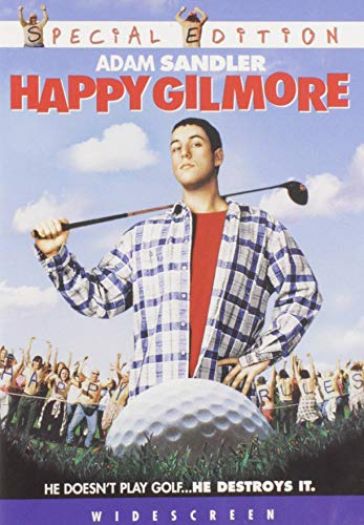
 New
New 